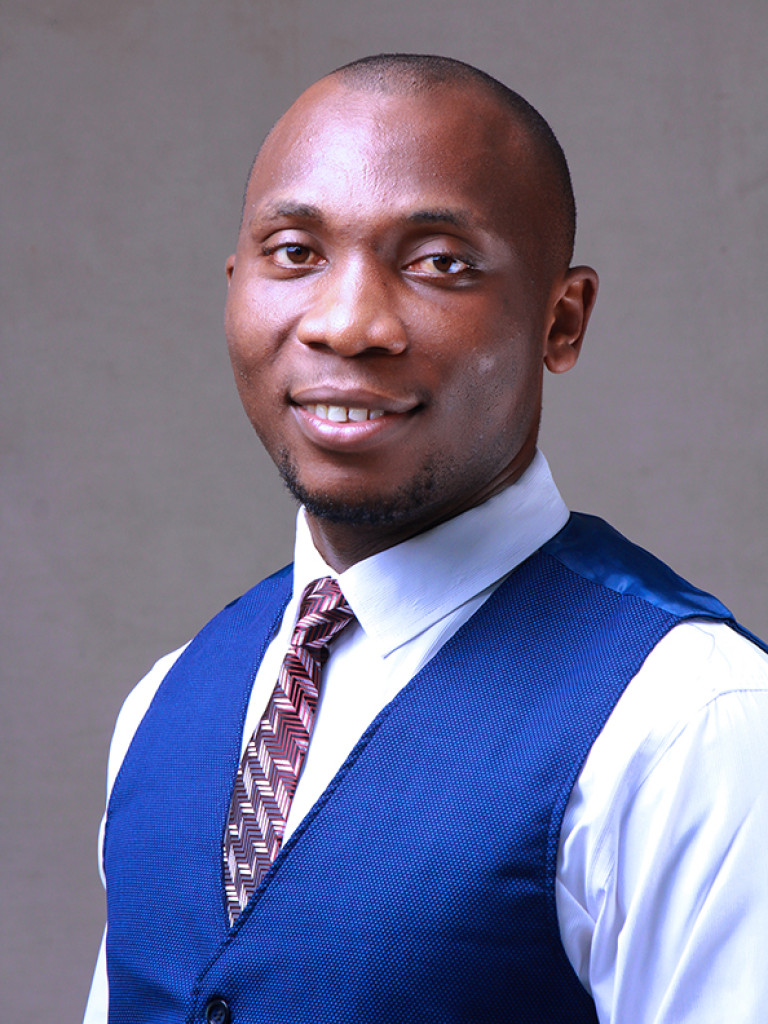
PATRICK EGWU
- 2019
- Press Fellow
Patrick Egwu is an award-winning freelance journalist based in Nigeria. He is passionate about reporting on global health, education, conflict and other development issues in Nigeria and sub-Saharan Africa. His stories have been published by Ft’s This is Africa, African Arguments, Bright Magazine, Scrap Magazine, Ozy and elsewhere. Patrick graduated with a Bachelors of Arts degree in Mass Communication from the University of Nigeria, Nsukka in 2014 and a Master’s degree summa cum laude from the same University in 2018. He is presently a Ph.D student. 1. Why did you choose to become a science journalist? I didn’t start off to become a science journalist at first. However, in the course of my work, I realized that my reporting on health and education often focus on science related issues and the way they affect our lives – from latest scientific discoveries that aims to provide electricity to a rural community, innovations in health that reduce maternal and child mortality in Nigeria and how technology impacts on education. This has helped me to develop contacts among experts in the science industry and understand a lot of things about science and how our lives is at the centre of it. 2. What role do science and science communication play in your country? Science plays a big role in any nation’s development but unfortunately, it gets little attention and investment from the government in my country. This has affected development plans and competition to join other well developed scientific nations of the world in providing solutions to problems. The good news is that a new generation of young science researchers [especially girls] are coming with some scientific innovations and inventions. This interest in science related endeavours should be encouraged and sustained. On the other hand, science communication provides an interplay and explains the link between the government, researchers and the public’s conversations on science related programs. Science communication also helps the government to take actions and make decisions that affect people’s lives. 3. What are the main challenges of science journalism in your country? There are a handful of science journalists in my country and there are few training organized for these journalists to equip them with skills to properly report science stories in a way that it makes meaning to readers. Any journalist covering science journalism as a beat need some skills and experience in order to excel and make impact with his reports. A science journalist needs reporting skills to be able to inform the public to make right decisions. Some journalists who report science in Nigeria do so from events, conferences and workshops and not really in-depth and detailed reports on scientific development, discoveries and how they affect our world in a way that it makes meaning to the public. 4. Where do you see the big societal transformations in the future? What scientific research/discovery will change our world? A lot of scientific breakthroughs are already taking place in our world. Of course more would still come with time and this will change the way we see our world. Presently, I am impressed with researches and discoveries already achieved in the cure of HIV/AIDs and elimination of Ebola in Africa. These are really cheery news. I want to also see more scientific discoveries in the area of drug-resistant diseases which are common in developing countries especially Nigeria. Specifically, Artificial Intelligence [AI] and robotics are scientific inventions that would change our world and the way we do things. 5. What book, movie or song has radically changed your perspective? And why? I have read quite a number of books but few have had great impact in my life and changed my thoughts pattern, approach to life and perspective. Chimamanda Adichie’s Half of a Yellow Sun is a great book that always gets me having deeper reflections whenever I read it or relish on the characters and message in the novel. It’s a book that revolves around Nigeria’s bitter 3-year Civil War that claimed about 2 million lives. The book creates a mental picture in my head on the traumatic events of the war, the sufferings of dying children and how dialogue failed on the side of both parties in ending the war or not starting it in the first place. Another book I loved reading was Keith Harrell’s Attitude is Everything. According to the author, what you achieve in life and the impact you make depends on your daily attitude. The book explains 10 life-changing steps to turning attitude into action. This makes a lot of sense to me as I have seen this in my life and career on many occasions.